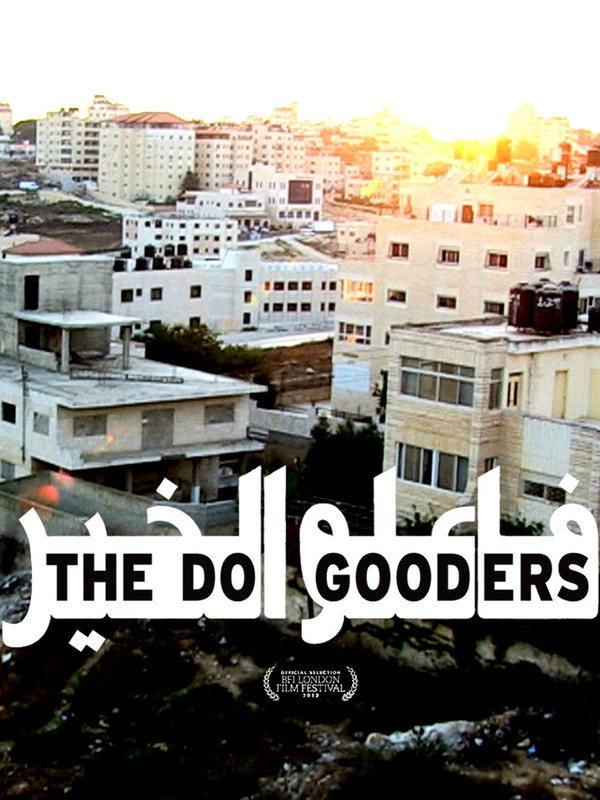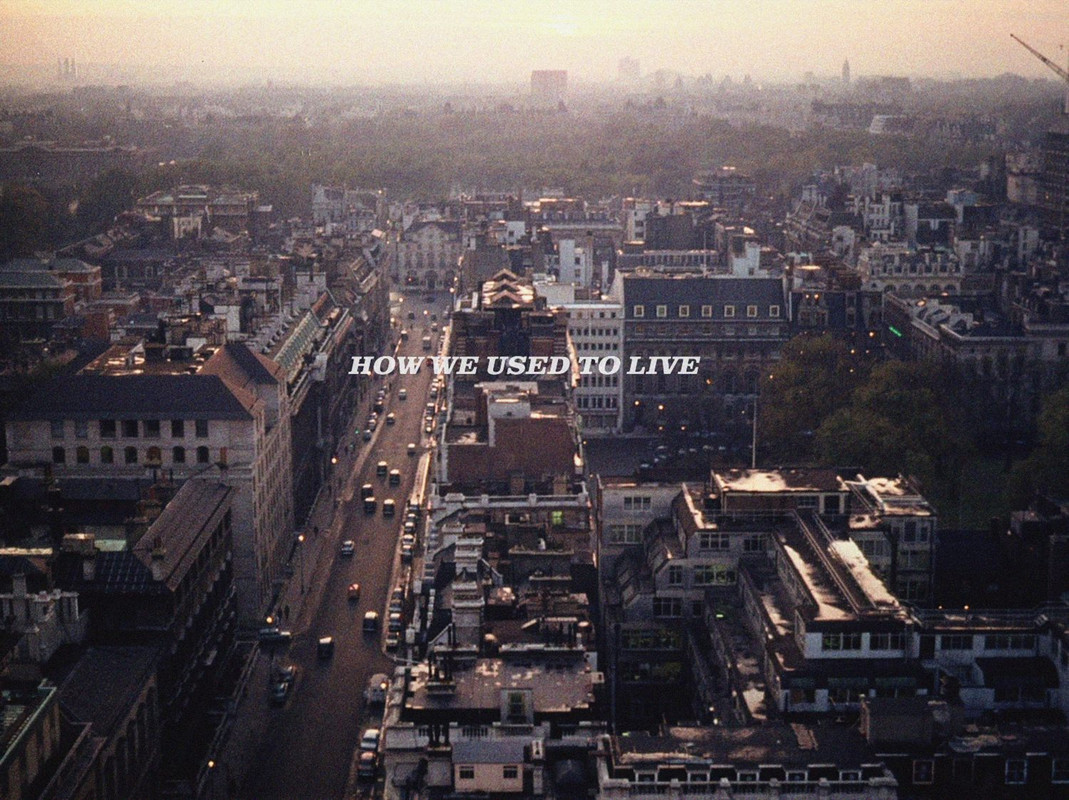The Do Gooders
Dir: Chloe Ruthven
One of the favourite questions that people ask of critics when they give a film a severe kicking in a review is 'do you think you could do better'. In this case? Yes. Yes I do.
The Do Gooders attempts to be a documentary looking into how aid is used and how it might actually be hindering peace efforts in the West Bank, but whatever insight it has on that subject is extremely limited, comes across almost entirely by accident, and is wrapped up in the most amateurish filmmaking I've ever seen at a festival.
Director Chloe Ruthven has some personal connection to this region and the western activism that happens there; her grandparents were among the first generation to attempt to help on the Palestinian side and she, influenced by her grandmother's book on the subject, is attempting to see what the situation is now like. Sadly her grandmother's book seems to be all the reading that Ruthven has done. She blunders into the Palestinian territory with no apparent knowledge of what's really going on on the ground, no ability to speak Arabic and, it seems, no clear idea either of what she wants to see or the film she ultimately wants to make.
Eventually, by some stroke of luck, Ruthven does manage to find someone to drive her around and translate, but there is still little structure to what she does with this help. Despite her apparent obsession with filming all the time, she still has no clue what she's doing. At one point, in the film's most moving, most insightful, interview the driver has to tell Ruthven to film the man she is talking to, rather than the chickens she was focusing on at that point. This is not atypical, the journalism here is an embarrassment to the profession.
The film is also crafted badly. It's packed with irrelevances and with moments that should be left on the cutting room floor (such as the before and after of an interview, which shows us nothing but Ruthven's haphazard skills as a director) while potentially interesting moments like a conversation between Ruthven's driver and the head of a local NGO staffed entirely by Palestinian women are repeatedly cut away from so the camera can be pointed at the film's biggest liability: its director.
It's clear Ruthven sees this as a personal journey, which would be okay if you felt like she approached it that way. Instead what develops is an attempt to turn this entire conflict, all the politics, all the complexities of aid, into a personal whine about the fact that it's not about Chloe Ruthven. It is obnoxious in the extreme, and infuriating by the end, when Ruthven cuts away from that conversation to film herself crying because two women are speaking in Arabic, which is their native language but which she doesn't understand.
The Do Gooders is a dreadful, dreadful film. What insight it does possess you could come by in fifteen minutes on Google, but worse is the confused focus and the calamitously poor filmmaking. I've seen better documentaries on BBC 3, what this is doing in a major film festival is anyone's guess.
★
How We Used To Live
Dir: Paul Kelly
To really like How We Used to Live you have to like two things: London and Saint Etienne. I'm sold.
Saint Etienne's latest collaboration with filmmaker Paul Kelly takes footage of London, ranging from the 1950's to the 1980's, from the BFI national archive, cutting it together in a series of themed montages to music largely composed by the band's Pete Wiggs (though two full Saint Etienne tracks also appear). It's an essay film, which I don't usually warm to, and I can see why people might not like this one, but it completely worked for me.
The film is essentially, though only loosely divided by theme. There are sequences on the city, on transport, on morning, on night, on mods, on punk and much more. Each segues easily into the next, Wiggs' music; at times ambient, at times poppy, at times almost classical, setting the tone. My favourite segment, as it will be for many people, was the montage of London going to work in the morning, set to the only Sarah Cracknell featuring Saint Etienne track in the film (from the Sound of Water era). Yes, it's a basically a music video, but the images and the music complement each other to soaring, soothing, effect.
How We Used To Live is nakedly, unashamedly, nostalgic, but it's an honest nostalgia. Yes it romanticises aspects of London, but there's a subtle bite to the way some footage (especially glimpses of the Queen) is used and the film does also look at some of the less attractive aspects of the city like some of its ugly architecture and poor, almost derelict, areas. Ultimately though, just as much of Saint Etienne's music is, this is a love letter to an imperfect city, filtered through Paul Kelly's curated images, the Bob Stanley penned narration and Pete Wiggs' music.
My grade here is purely personal. Knock a star off if you don't love London or Saint Etienne as much as I do.
★★★★



No comments:
Post a Comment